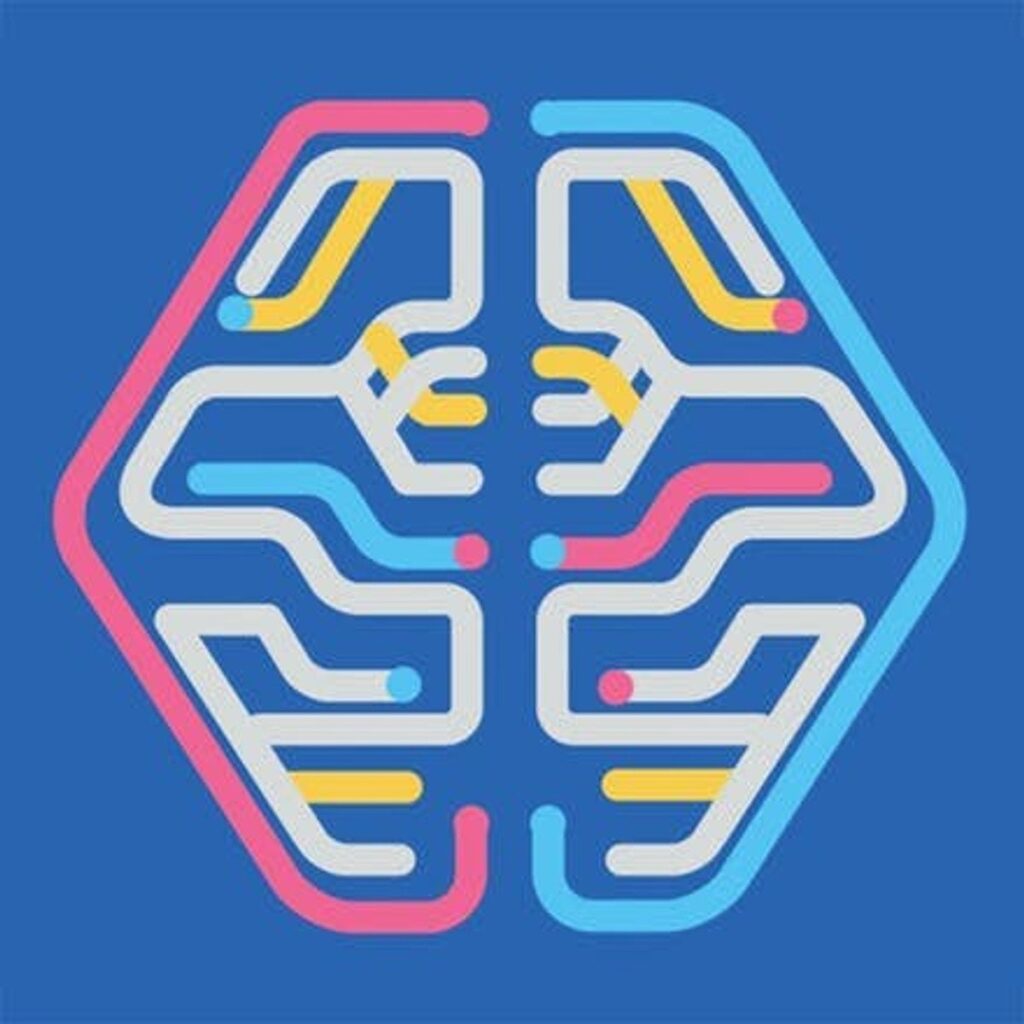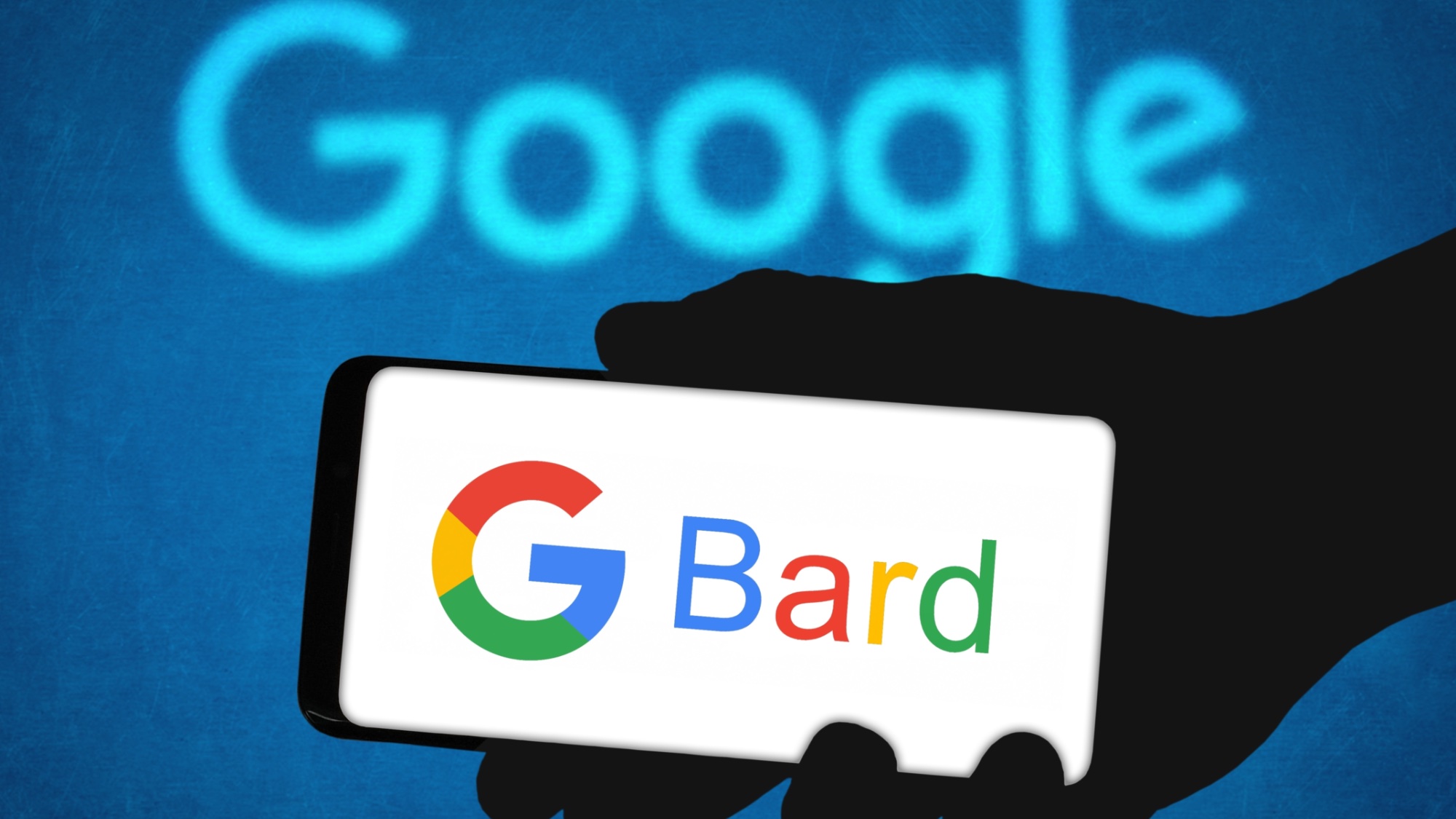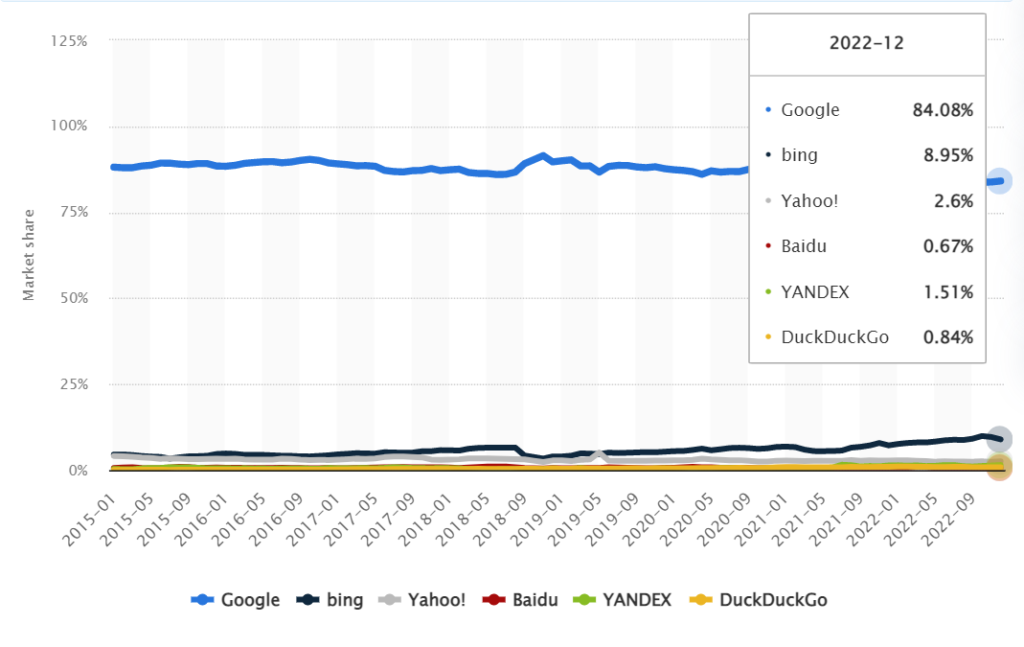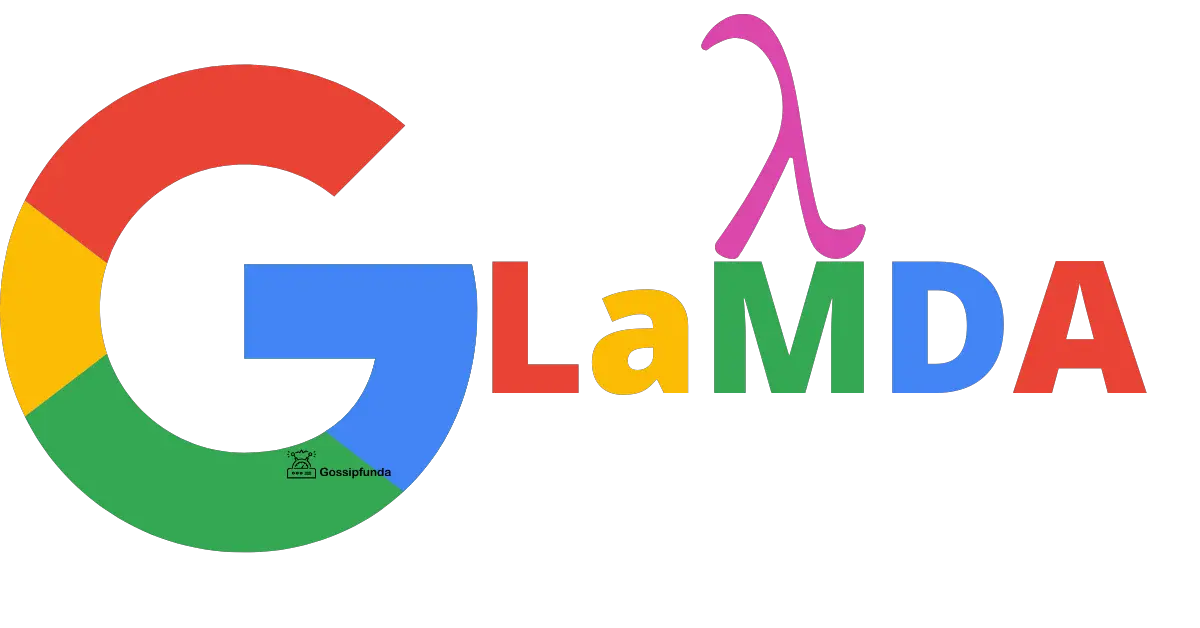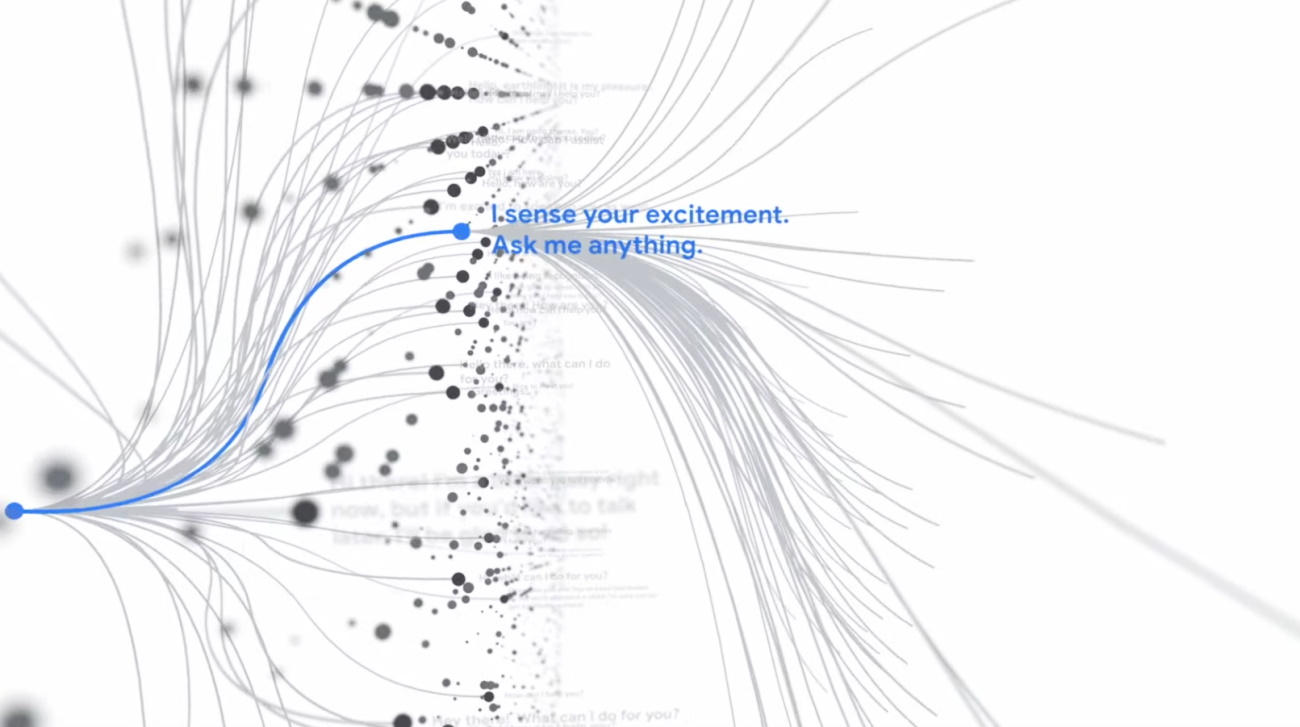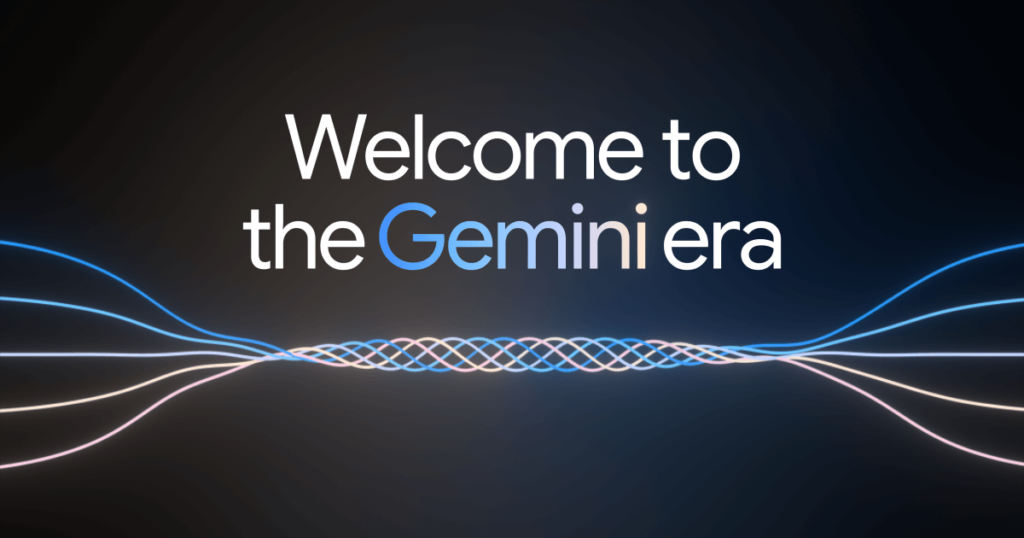
Artificial intelligence evolutions has big impact on society. From powering self-driving cars to analyzing medical images, AI is transforming various industries and aspect of our lives. However developing AI systems that can seamlessly interact with humans and understand the complexed world which we live in remains a significant challenge. Gemini AI addresses this challenge and introduce a revolutionary approach to artificial intelligence training and architecture.
Traditional AI systems were focused on processing and understanding text or speech. Gemini AI enable us to integrate information from multiple modalities, including text, speech, images and code. This allows Gemini to grasp the nuances of human communication and context. This enable it to engage in more natural and meaningful interactions.
Gemini Ai’s capabilities are beyond text and language processing. It can also analyze and understand real-time data, such as live video and human speech. This opens up new possibilities for AI applications in areas such as customer service, real-time translation, and autonomous vehicles.
Gemini AI’s groundbreaking performance is underpinned by several innovative architectural and training techniques. These innovations include:
- Transformer architecture: Gemini AI leverages a self-attention-based Transformer architecture, which has proven to be highly effective in processing natural language and other modalities.
- Multi-modal fusion: Gemini AI seamlessly integrates information from multiple modalities, allowing it to understand the relationships between different data types.
- Dynamic routing: Gemini AI employs a dynamic routing mechanism, enabling it to selectively attend to relevant information from different modalities.
These innovations enable Gemini to achieve unprecedented levels of performance across a wide range of tasks.
The potential applications of Gemini AI are vast and transformative. Some potential areas of impact include:
- Real-time customer service: Gemini AI can power chatbots and virtual assistants that can provide real-time support and handle complex customer queries.
- Real-time translation: Gemini AI can enable real-time translation of conversations, documents, and other forms of communication.
- Autonomous vehicles: Gemini AI can power autonomous vehicles by providing perception, decision-making, and interaction capabilities.
- Medical diagnosis and treatment: Gemini AI can assist medical professionals in making more accurate diagnoses and developing personalized treatment plans.
- Creative content generation: Gemini AI can generate creative content, such as music, writing, and design, that is indistinguishable from human-produced work.
Gemini AI represents a significant step forward in the evolution of AI. Its multimodal capabilities open up a wide range of transformative applications, promising to reshape industries and improve the lives of people everywhere. As Gemini continues to mature and develop, its impact on societi is likely to grow, shaping the future of human-computer interaction and the role of AI in our world.
Also if you are interested in Gemini Ai here is a link to video about it:
Sources:
Google says new AI model Gemini outperforms ChatGPT in most tests | Artificial intelligence (AI) | The Guardian
Google AI
Przedstawiamy Gemini - największy i najbardziej zaawansowany model AI od Google (blog.google)
Google Gemini: a largest and most capable AI model
Gemini - Google DeepMind
Gemini to nowa era AI zdaniem Google'a. Ma pokonać ChatGPT (businessinsider.com.pl)
Ai engine: Bard
Prompts:
Create title for blog post about gemini ai, gemini ai and its innovations, applications and Impact of gemini ai
Picture:
Exploring Geminis Available Variants and Applications (anakin.ai)



